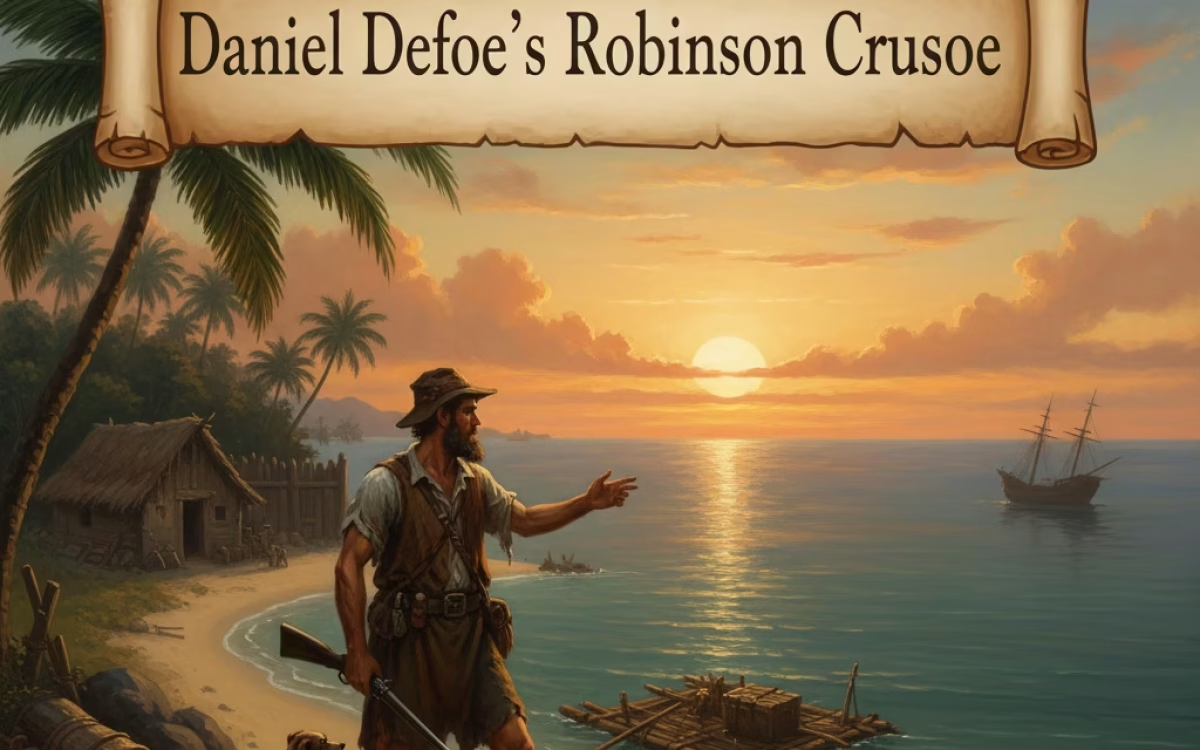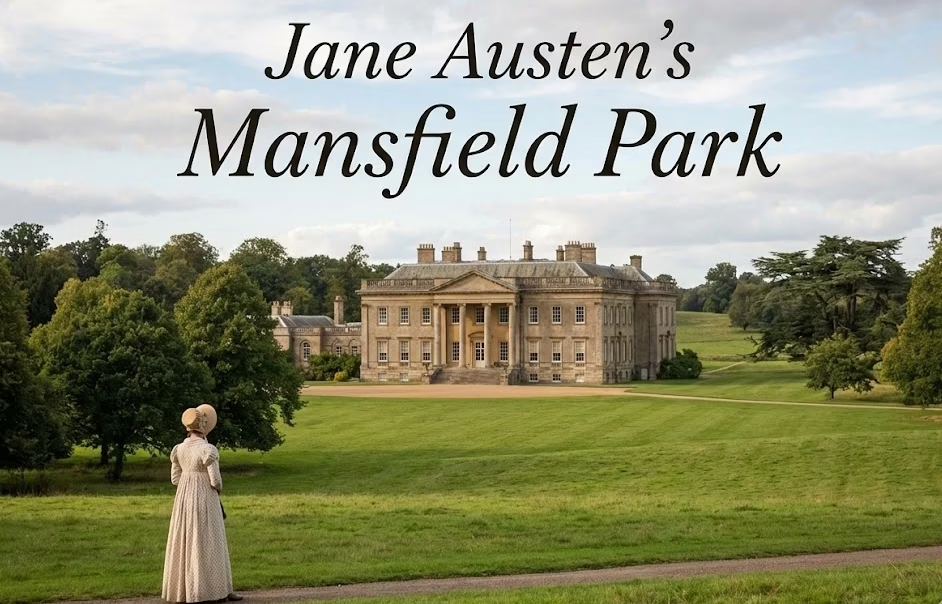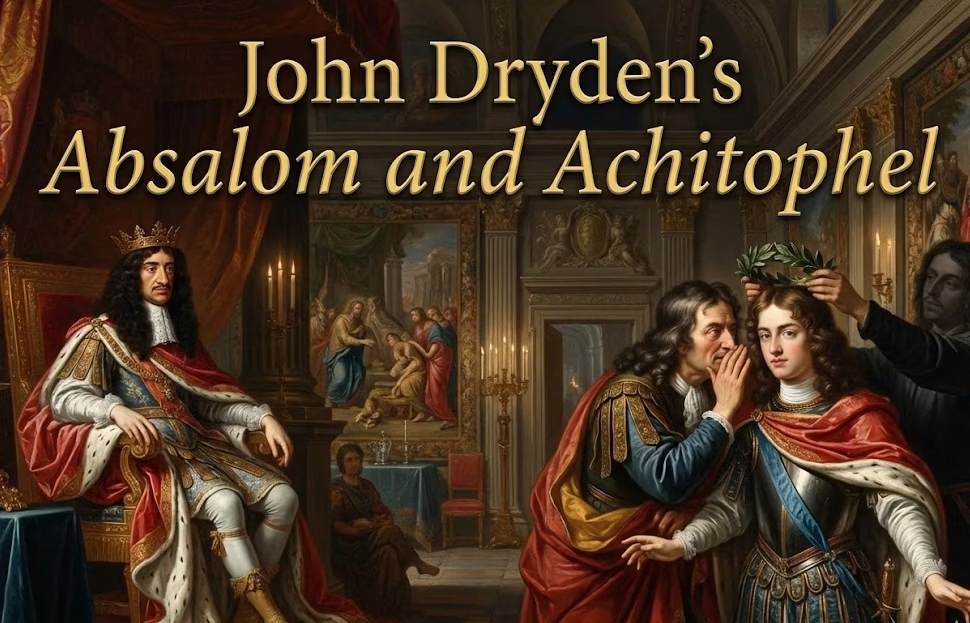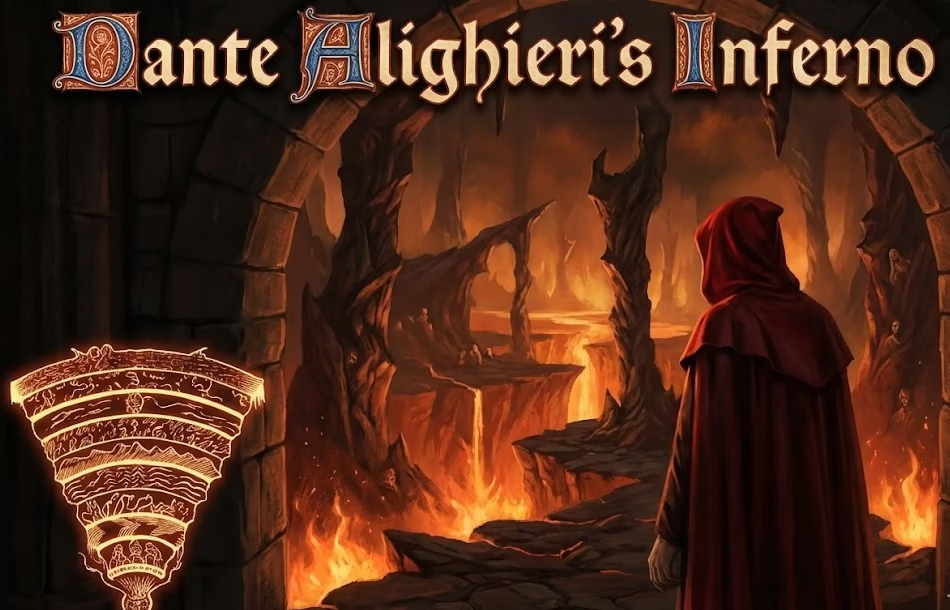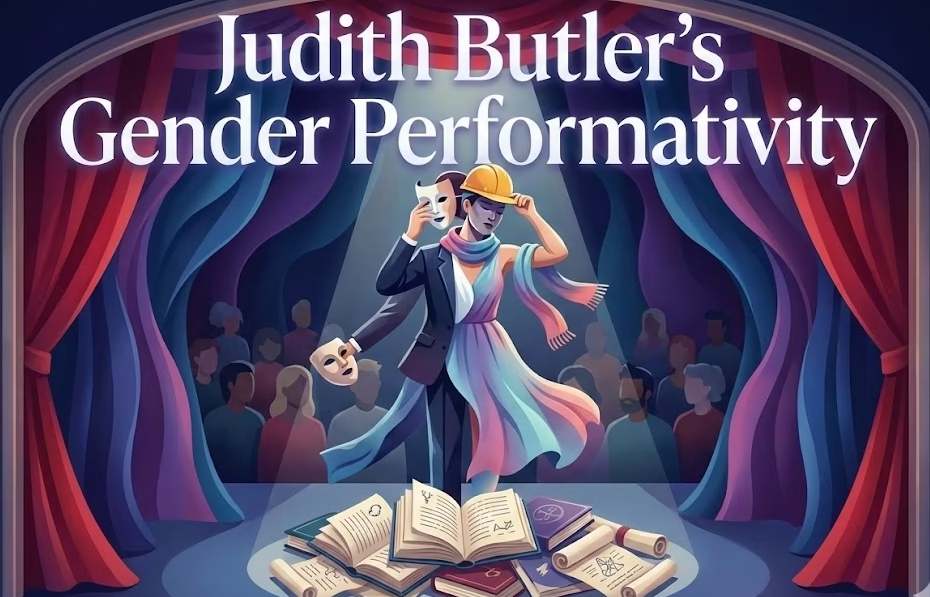Introduction
Robinson Crusoe, published in 1719 by Daniel Defoe, stands as a foundational novel in English literature. Often lauded as the forerunner of the modern novel, it tells the gripping story of a young Englishman who, driven by adventure, finds himself marooned on a deserted island for nearly three decades. Crusoe’s story is a tale of survival, spiritual awakening, and the boundless capacity of human ingenuity. In this article, we’ll explore the novel’s plot, unravel its major themes, and offer an academic analysis that reveals why Robinson Crusoe’s legacy endures.
Robinson Crusoe : Summary
Robinson Crusoe’s Journey: From York to Isolation
The protagonist is the youngest son of a respectable merchant. Against his family’s wishes—especially his father’s warning to avoid a seafaring life—Crusoe embarks on a series of adventurous voyages. These choices ultimately lead to disaster when a violent storm shipwrecks him on an uninhabited island in the Caribbean.
On the island, Crusoe must confront absolute solitude. Using only his wits and the remnants salvaged from the wreckage, he builds a new life. Over 28 years, he learns to survive—manufacturing tools, taming animals, growing food, and ultimately conquering the environment that once threatened him.
Along the way, he rescues a native whom he names Friday, and their evolving relationship becomes another central thread in the story. After years of trials—encounters with cannibals, mutineers, and deep spiritual introspection—Crusoe is finally rescued and returns to England. FULL TEXT
Chapter-by-Chapter Breakdown
Early life and first voyages: Crusoe ignores his father’s warnings, faces several shipwrecks, and is enslaved by pirates before managing to escape.
Brazil and plantation: He prospers as a plantation owner in Brazil before joining a slave-trading expedition that ends disastrously.
The Island: Shipwrecked, Crusoe slowly adapts to the resource-rich but perilous island, building a shelter, exploring survival techniques, and documenting his journey.
Rescue and return: After years alone (with only Friday for company), Crusoe finally overcomes new enemies and secures his freedom, returning to Europe profoundly changed.
Robinson Crusoe : Survival, Spirituality & Self-Mastery
Daniel Defoe’s Robinson Crusoe is not just a castaway story. At its heart, the novel is a story of growth—spiritual, emotional, and intellectual. Crusoe’s progress from reckless youth to resourceful survivor and, ultimately, to penitent Christian mirrors the Enlightenment values of self-improvement, industry, and reason.
Robinson Crusoe : Major Themes
1. Individualism and Self-Sufficiency
Crusoe’s journey is a potent celebration of individualism. He is isolated from civilization and must rely solely on his resourcefulness. He builds shelter, tames wild animals, cultivates crops, and creates order from chaos. The narrative emphasizes autonomy and self-sufficiency. This focus reflects the novel’s era and foreshadows Enlightenment ideals as well as the rise of economic and social individualism.
2. Divine Providence and Spiritual Awakening
A central concern of the novel is Crusoe’s gradual recognition of divine providence. The text repeatedly frames his survival not merely as the result of luck or skill, but as evidence of God’s benevolence or judgment. As Crusoe faces perils, he repeatedly turns to prayer, reflecting and repenting for his earlier disregard of parental and spiritual advice. Spirituality becomes a source of endurance, comfort, and moral growth.
3. Colonialism and Mastery
Robinson Crusoe is also a window into early colonial attitudes. Crusoe’s relationship with the island, its resources, and its other inhabitants (notably Friday) reflects the mindset of European colonisation and the complex legacy of mastery—over one’s fate, environment, and other people. The novel invites modern readers to question the ethics and implications of Crusoe’s role as master.
4. Society, Isolation, and Human Nature
At its core, Crusoe’s prolonged solitude poses profound questions about the role of society in shaping human identity. Isolated from his peers, Crusoe reconstructs elements of civilisation—routine, governance, even concepts of ownership and property. The novel thoughtfully explores the tension between individuality and society, and how isolation can, paradoxically, lead to a deeper sense of social and spiritual connection.
5. Ambition and Contentment
Crusoe’s dissatisfaction with a comfortable middle-class existence propels him into adventure. This perennial tension—between the stability of contentment and the allure of ambition—drives his story and serves as a cautionary tale about the costs and rewards of human desire. FOR MORE INFORMATION
Robinson Crusoe : Literary Techniques & Critical Perspectives
Style and Structure
Daniel Defoe employs a straightforward, journal-style structure. Written as an autobiography, the narrative blurs the line between fiction and fact, enhancing its authenticity and emotional resonance. Defoe’s language is plain, almost economic—a style that lends the text a sense of immediacy and realism.
Symbolism
The Island: More than a physical place, the island symbolizes the stage upon which Crusoe’s spiritual and psychological transformation unfolds.
Friday: The introduction of Friday is a pivotal moment—prompting reflection on themes of colonialism, companionship, and cultural difference.
Crusoe’s Tools and Shelter: His tools and constructed dwelling morph into symbols of ingenuity, progress, and the human impulse to master one’s world.
Influences and Literary Significance
Robinson Crusoe influenced countless works of adventure and survival fiction. Its narrative structure, themes, and realism established it as a cornerstone of the English literary canon. The novel’s blending of narrative adventure and spiritual reflection paved the way for later works exploring the complexities of the human condition.
Robinson Crusoe : Analysis and Insights
The Motif of Hindsight and Regret
Crusoe’s narrative is marked by persistent regret for ignoring advice and warnings—a motif that shapes both his practical and spiritual journey. Hindsight is not merely a personal failing; it’s framed as a universal aspect of the human experience.
The Evolution of Crusoe’s Faith
Crusoe’s spiritual journey is gradual and, at times, reluctant. His faith is born of hardship, reaching its peak in moments of crisis, and matures into a lasting religious conviction.
Colonial Attitudes and Critique
While Crusoe’s role as “master” was typical of its time, modern readers can critically engage with these elements. The narrative can be seen as both an endorsement and a subtle critique of colonial hierarchies, especially in Crusoe’s interactions with Friday and other non-European characters. READ MORE
Robinson Crusoe : Legacy
Impact on Modern Literature
As perhaps the most influential adventure narrative in Western literature, Crusoe’s story has inspired hundreds of imitations, retellings, and adaptations—from novels to films to reality television. Its blend of adventure, introspection, and ethical questioning remains profoundly modern.
Timeless Lessons
Adaptability: Crusoe’s survival instincts encourage adaptability in the face of adversity.
Self-Reliance: Inspires generations to value independence and creativity.
Reflection: Spurs readers to consider their own relationship to faith, society, and ambition.
Conclusion
Robinson Crusoe is far more than a story of shipwreck and survival—it’s a complex narrative of human ambition, spiritual growth, and the enduring will to overcome adversity. Daniel Defoe masterfully weaves together themes of isolation, self-reliance, colonialism, and divine providence. He presents a character who is both a product and a critic of his time. More than 300 years since its publication, the novel continues to resonate with modern readers. It speaks to universal human experiences such as grappling with solitude, rebuilding from the ground up, and seeking meaning in hardship.
Frequently Asked Questions
What happens in the novel?
Robinson Crusoe is the tale of an English adventurer stranded on a deserted island for 28 years, chronicling his physical survival and spiritual awakening. The novel follows his return to England and ultimate transformation.
What are the major themes in Robinson Crusoe?
Key themes include individualism, isolation, divine providence, colonialism, and the struggle for mastery—both over the environment and oneself.

